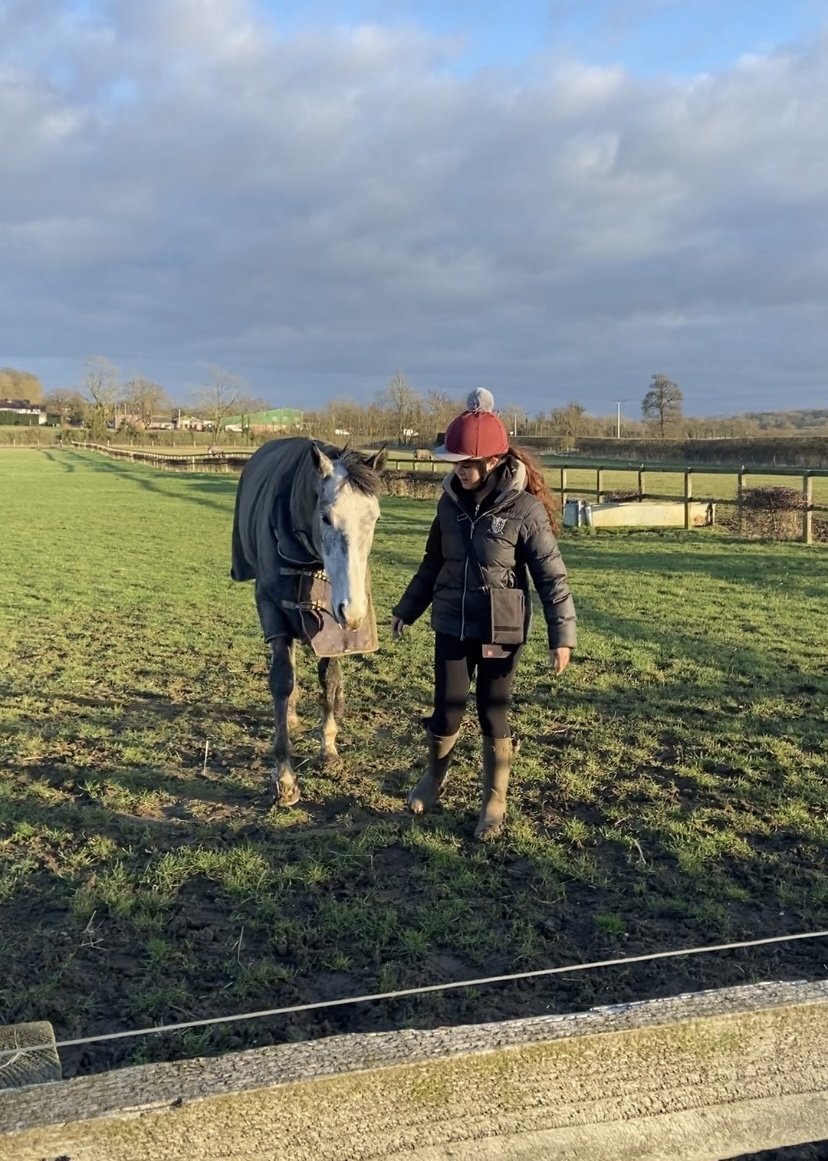
Learn more about horse behaviour and management
Chloe contributes to equestrian media worldwide by creating resources on behaviour and training for equestrian publications and organisations. She frequently publishes content with the International Society for Equitation Science via their website and socials; visit their website here.
Read more content below.
-

The Emotional World of Horses: Identifying Well-Being
At the 19th ISES Conference in New Zealand, Dr. Cathrynne Henshall presented where we are on Detecting positive emotions in horses to assess their overall quality of life. As an expert in equine behaviour and welfare, Dr. Henshall’s talk covered how subtle emotional cues in horses can reveal a lot about their well-being. Her presentation focused on the importance of understanding horses’ subjective experiences and how recognizing these emotional states can enhance the way we approach equine care and management.
-

Rethinking the Environmental Impact of Horses in Sport
At the 19th International Society for Equitation Science Conference in March 2024, which took place in Cambridge, New Zealand, Iris Huisman from Wageningen University in the Netherlands presented research on the significant environmental impacts of sport horses, focusing on greenhouse gas emissions and their lifecycle footprint.
-

Oral Lesions and Conflict Behaviour in Dressage Horses
At the 19th International Society for Equitation Science (ISE) Conference in New Zealand, associate professor Janne Winther Christensen presented her recent findings: “Oral behaviour during riding is associated with oral lesions in dressage horses – A field study” with co-author Dr. Mette Uldahl. The talk discussed the relation between oral behaviour and lesions in the corners of the mouth in dressage horses. Her presentation highlighted the importance of understanding discomfort signals and emphasised the need for improved training practices to enhance equine well-being.
-

Mouth Corner Lesions and Equine Welfare: Optimising Comfort on the Bridle
Mouth corner lesions are a common yet often overlooked issue in horses, affecting horse comfort, health, performance and quality of life.
Oral lesions refer to sores, cuts, or irritation that develop typically at the corners of a horse’s mouth due to equipment or handling practices. These lesions range from mild irritation to painful wounds and can result in resistance to training and long-term sensitivity.
-

Best Types of Nosebands for Horses: Fitting, Tightness and Usage
Nosebands have been part of bridles for horses for nearly 4,000 years. They have different functions depending on their design, placement on the face, material and tightness.
-

The 3 F's: Fundamentals of Equine Welfare
While modern horse management intends to provide the best possible quality of life, there are common practices that have been called into question by health and welfare experts. Notably, practices including increased isolation due to housing in private stables and feeding small, grain-based meals with minimal turnout are currently under scrutiny.
-

Stallion Behaviour and Handling: From Management to Ground Manners
Keeping stallions happy, healthy, and appropriately managed requires an understanding of their unique behavior compared to mares and geldings.
Mad Barn
-

Tourist bitten by King's Guard horse in London
Chloe Campbell, an equine behaviourist, comments on the recent increase of people being injured by the King’s Horse Guard.
The expert stressed it is “rare” to see a horse display this kind of behaviour, adding: “The sign clearly does say beware and the horses bite - but that’s also a concern - why are we putting horses in such an uncomfortable situation?”
The Telegraph
-

Princess Anne hospitalised from horse kick: An equine behaviourist said there are warning signs
Horses can react by kicking if they “feel threatened, scared or are in pain”, an equine expert has said.
Equine behaviourist Chloe Campbell said warning signs include “pinned ears, tense facial muscles, swishing tails or shifting weight”.
The Independent
-

A review of the round pen technique for training horses
The round-pen training technique, popular among proponents of “natural horsemanship” is said to be effective and ethical because it uses equine ethology to induce desired behaviours. This review looks at what we know about ethology and illustrates the ways this technique is aversive to horses, and how it is based on a flawed understanding of horse behaviour.
The International Association of Animal Behaviour Consultants
-

Tool use confirmed in horses
You may have seen viral videos circulating online of a horse picking up brushes to groom another horse, or another using a broom to “sweep” the floor. They are nor just incredibly amusing, these videos herald a breakthrough in equine science.
Horses And People
-

Horses recognise human emotions
Research in the past few years has demonstrated that horses are really good at recognising and responding to human moods and emotions, through voice, body language and facial expressions. But do you know how to apply this to your relationship?
-

Case: Equine Food Aggression
Grey has food-related aggression towards people providing him food and has had this issue since purchase, and maybe prior. This behaviour has slightly decreased in intensity since purchase, however, behaviours such as bite threats, kick threats, kicking, lunging at the handler and ears held stiffly backwards persist even after the client’s interventions. The aim of this case was to reduce aggressive responses at feeding time following the Least Intrusive Minimally Aversive and the Humane Hierarchy principles.
CABI Publishers
